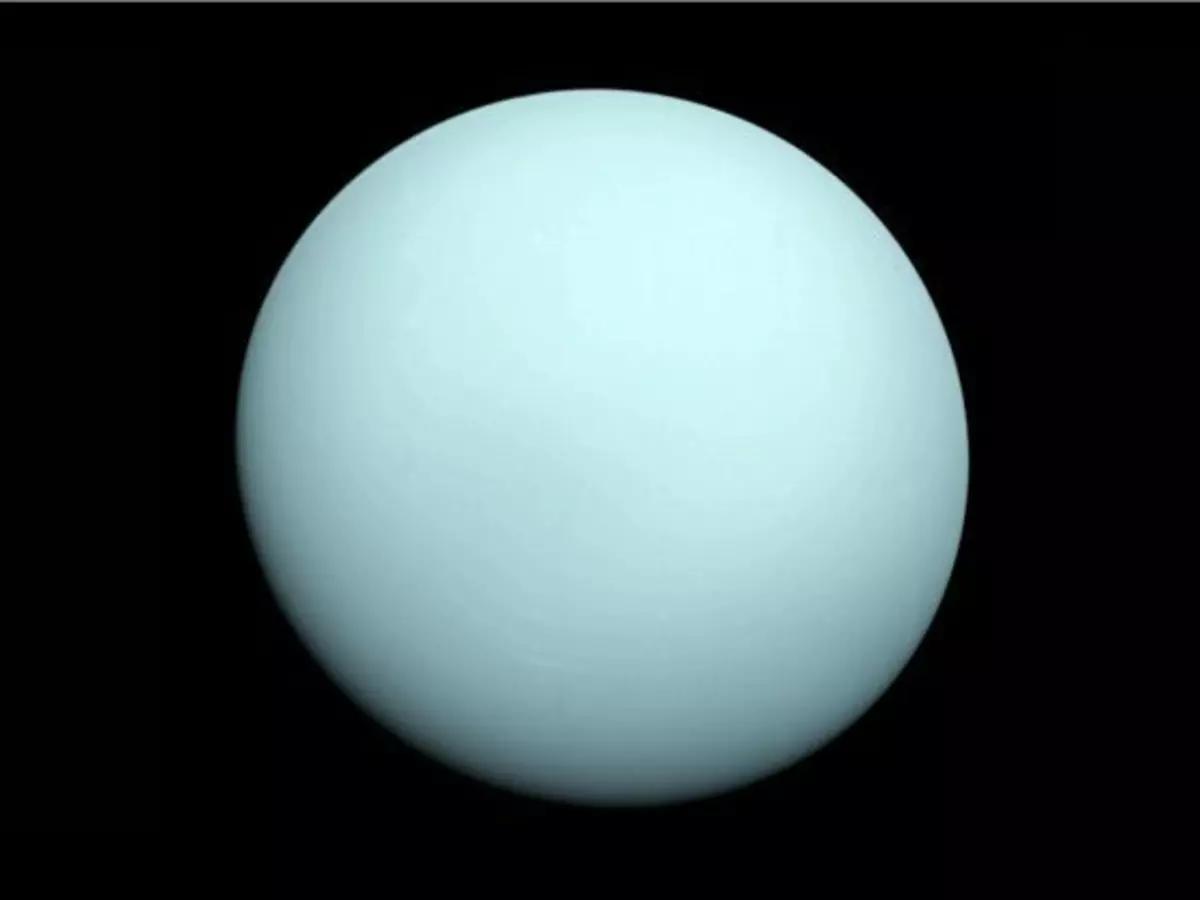Uranus Does In Fact Smell Like Farts, And All Our Jokes On The Planet Were Right All Along
As far as planetary puns go, Uranus is some seriously low-hanging fruit. So it¡¯s with great joy in the hearts of all our five-year-old inner selves that we can finally say: Yes, Uranus does in fact smell like butt.

As far as planetary puns go, Uranus is some seriously low-hanging fruit. So it¡¯s with great joy in the hearts of all our five-year-old inner selves that we can finally say: Yes, Uranus does in fact smell like butt.

After probably decades of people making this joke, scientists at the University of Oxford discovered we weren¡¯t wrong at all. They found a particular molecule in the atmosphere called Hydrogen Sulphide. For those of you that have forgotten your school Chemistry lessons, that¡¯s the chemical with a smell officially described as ¡°rotten eggs¡±, though most of us just call it fart gas.
Of course, the scientists weren¡¯t looking to pinpoint a stench, but were studying Uranus¡¯ atmosphere for information on how planets form. After all, Uranus and Neptune formed much further away from the Sun than Earth, or even Saturn, in a colder part of our system.
"Uranus Smells Like Farts" is the best headline I expect to see for months...maybe for life... ?
¡ª Ross J Kuhn (@ridgekuhn) April 24, 2018
So #Uranus smells like farts say scientists ? ....If true ..then I've never been more sure this universe is a simulation and our architect has a sense of humor
¡ª Elohymz (@Elohymz) April 24, 2018
Scientists have proved that Uranus smells of farts, and I think that is EXACTLY what they set out to do.
¡ª Pete Alex Harris (@ScavengerEthic) April 23, 2018
All this about "helps us understand how the planet formed" is what they told whoever was handing out the grant money.
Scientists finally confirm that Uranus is surrounded by fart clouds https://t.co/JPTvZdC9md via @PopSci pic.twitter.com/vXisIjJ7au
¡ª Rachel ¡°The Yellow Dart¡± Feltman (@RachelFeltman) April 23, 2018
In the past, researchers have guessed at the composition of the clouds near the planet¡¯s surface, hypothesizing they were hydrogen sulphide or ammonia. However, that was just based on inferences they were drawing from light hitting Uranus. This time around, the Oxford team used the Near-infrared Integral Field Spectrometer in Hawaii to look deep into the planet¡¯s atmosphere, where they measured more hydrogen sulphide than ammonia, as well the presence of the exact composition of the former required to produce a rotten egg smell.
In fact, the scientists say astronauts entering Uranus¡¯ atmosphere would absolutely notice the smell. It does give them a lot of information however, about how Uranus and Neptune remained ice giants while Jupiter and Saturn formed into gas giants. Let¡¯s just hope we don¡¯t intend to colonize the planet then anytime soon though.

